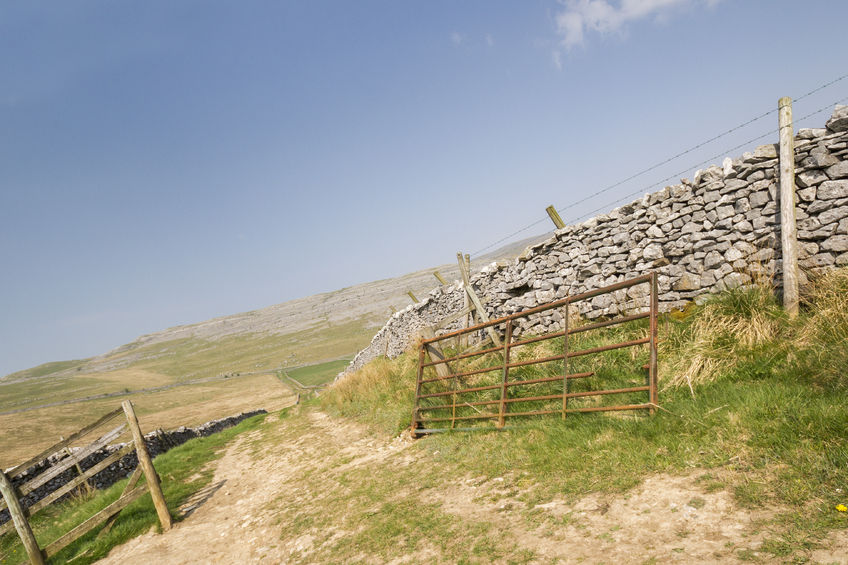
A museum has been exploring the complex relationships between well-being and the countryside with the help of rural stakeholders and local community groups.
From the therapeutic benefits of getting back to nature and working the land, to the isolation experienced in remote locations and the uncertainty of the farming year, life in the countryside presents both challenges and opportunities for rural people.
The Museum of English Rural Life collections and contemporary accounts of rural life provide insights into various aspects of rural well-being .
‘Wellbeing and the Countryside’ is the new exhibition opening at the museum in Reading for World Mental Health Day next Tuesday (10 October).
The Museum of English Rural Life has been working with various community groups, including Ridgeline Trust, the Farming Community Network and the Rural Services Network, who have selected objects and images for the exhibition.
The exhibition is free, and will run until 31 October. It will be followed by an online exhibition later in the year.
Countryside realities
Phillippa Heath, Audience Development Manager said: "A significant motivation for our recent redevelopment project at The MERL has been to more effectively represent life in the countryside today, as well as in the past, through our displays.
"This project has been a great opportunity for us to learn about the reality of life in the countryside – the challenges and the joys – from those who experience it first-hand.
"We have been honoured to have involved communities from both rural areas across England and urban Reading in this project to powerfully communicate the complexity of this subject."
Gillian, a volunteer at The MERL who came up with the idea for the wellbeing project, said: "There is a great deal of research and anecdotal evidence about the positive impact of the countryside and rural activities on people’s wellbeing.
"However, it’s only recently that the negative impact of rural life on wellbeing has been highlighted. This exhibition explores these links in relation to objects in the MERL’s collections, with the aim of bringing this subject to a wider audience."
Care farming
Mental health issues in the countryside and farming industry can often become unnoticed by health professionals.
It is why farming minister George Eustice said care farming can become a key feature of the UK’s care provision and add millions to the rural economy.
240 British farms are already adding nearly £30m to the rural economy and providing 300,000 health and social care placements every year.
With support and recognition from policy makers, health commissioners and the farming sector, it is estimated that care farming could increase its value to nearly £90m and provide half a million sessions per year in health, social and educational care over the next five years.
According to national charity Care Farming UK, care farms provide placements for a huge range of vulnerable groups including people with mental health problems, adults and children with learning disabilities, people with dementia, children with autism, those with a drug or alcohol addiction history, disaffected young people and military veterans with PTSD.
In fact, a rural company which helps care farms get off the ground and offers therapeutic countryside activities to residents with mental health issues has earlier this year been awarded £286,057 by the Big Lottery Fund.
